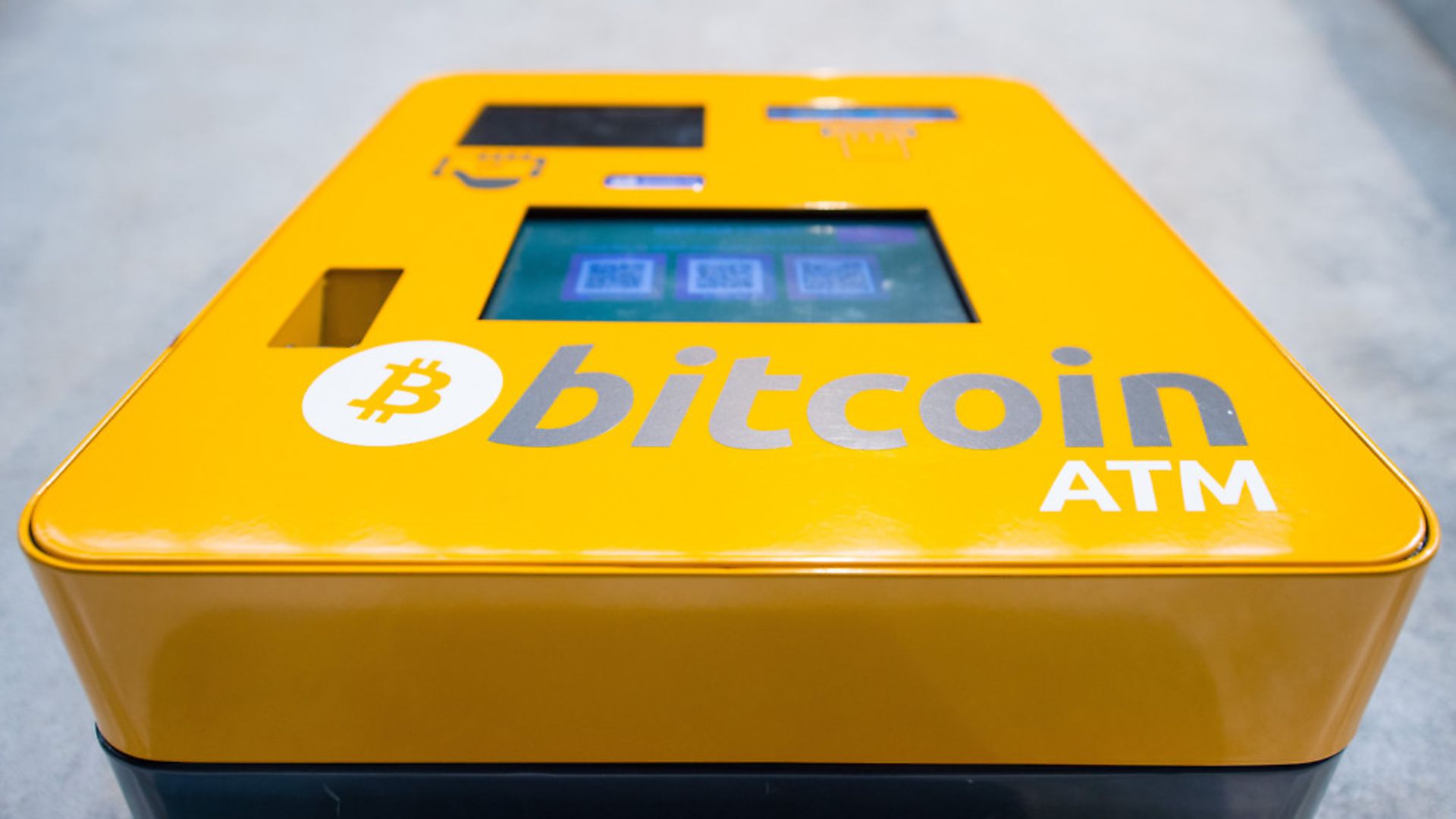
ANGELA JAMESON on the mercurial currency that adds a whole new level to high-risk investment
As Brexit stumbles on, another ‘B’ word was occupying business minds this week.
Like Northern Rock, Railtrack and Royal Bank of Scotland, Bitcoin is one of those rare business stories breaking through to the mainstream.
It is an investment created by geeks that suddenly everyone is talking about – and almost no one understands.
The currency continued its climb on Tuesday, with each Bitcoin now worth nearly $12,000. Bitcoin is now worth 10 times more than it was at the start of the year. That means the total value of the cryptocurrency, now reckoned at $190 billion, exceeds the economies of Qatar, Kuwait and Hungary and is worth more than Boeing and Bill Gates (a mere $90bn).
Bitcoin’s surge has been faster than the Nasdaq’s rise before the dotcom bubble burst and a flurry of sceptical voices have urged caution in recent weeks.
Sir Jon Cunliffe, deputy governor of the Bank of England, has warned that it is not a currency in the accepted sense because no central bank stands behind it. For Cunliffe, it’s more like a commodity.
Bitcoin is actually a string of computer code. New bitcoins can be created – up to an agreed limit – by certain computers. Their transactions are recorded in a database called a blockchain – something else which the usual financial experts are finding it difficult to get their heads around.
But what exactly are people buying? Bitcoin has no income stream. Unlike industrial or agricultural commodities, it has no practical use that can be used to calculate an intrinsic value. Its value is set by expectations of future demand and resale value, rather than future dividends.
While comparisons have been drawn with the tulip mania in Holland in the 1630s, Cunliffe has argued that it poses no macroeconomic risk to the global economy but it certainly poses risks to individual investors who might be tempted to take a punt. ‘When prices are moving like that, my view would be investors need to do their homework,’ Cunliffe said.
Lloyd Blankfein, chief executive of Goldman Sachs, is of the view that something that moves up and down 20% in a day does not feel like a currency, a store of value. ‘It’s not for me, but there’s a lot of things that weren’t for me in the past that worked out very well,’ Blankfein said.
The danger with Bitcoin’s sudden popularity is that people who want to shun institutions see it as a heroic statement.
The act of buying it is risky and puts up two fingers to the regulated institutions, like the Bank of England and governments, that we rely on, even without always realising it. The empowerment it brings to outsiders is multiplied when it soars in value and creates profits for those who went against the grain.
It is not hard to see parallels in the rise of Bitcoin and the rejection of the establishment that led people to vote for Brexit in the UK and elect Donald Trump in the US.
The worry now is that fear of missing out will drive inexperienced investors to bet on it, without really understanding what it is or what lies behind it. Two exchanges on which Bitcoin is traded saw traffic at all-time highs last week, leading to intermittent outages, as tens of thousands of people tried to open accounts.
There is one other group of people for whom Bitcoin is a gift: crooks and fraudsters who don’t want their activities picked up in the normal way by using traditional banking services with proper currencies.
The Metropolitan Police says criminals are using crypto-currency cash machines to launder money in London. Not surprising then that the Treasury has made it clear that it will update regulations to bring crypto-currencies into anti-money laundering and counter-terrorism financial regulation.
If this week’s market fluctuations are anything to go by, Bitcoin could be the fastest way for some punters (novice and experienced) to lose their shirts. It also makes the pound’s continuing post-Brexit gyrations look attractive.
Don’t bet the month’s mortgage payment on it.
Warning: Illegal string offset 'link_id' in /mnt/storage/stage/www/wp-includes/bookmark.php on line 357
Notice: Trying to get property 'link_id' of non-object in /mnt/storage/stage/www/wp-includes/bookmark.php on line 37






